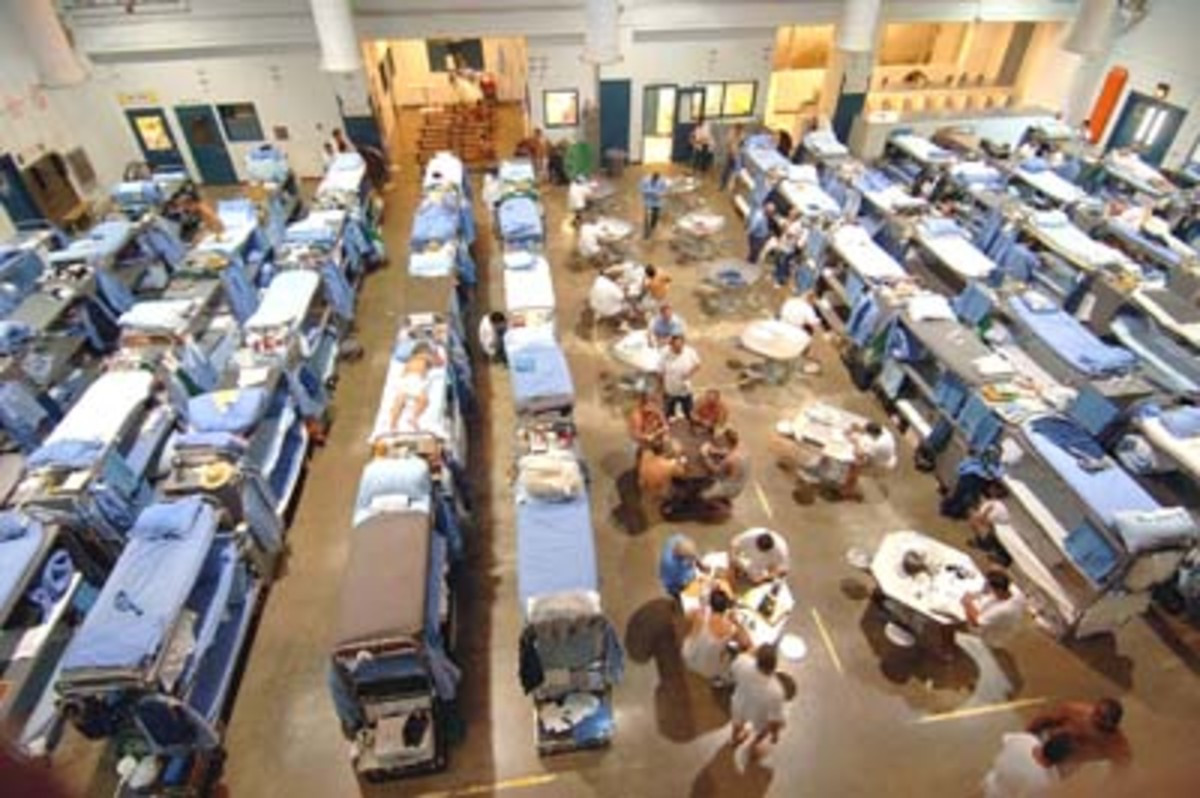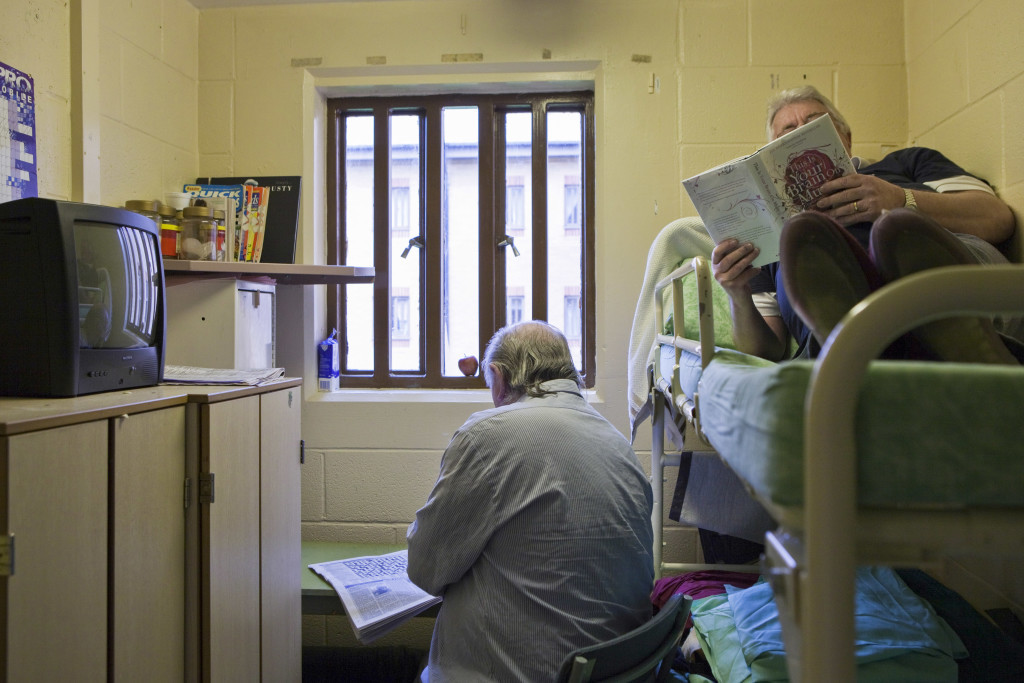The Growing Crisis in Irish Prisons: A Nation Grappling with Overcrowding and Rising Prisoner Numbers
Ireland, once lauded for its progressive prison reform efforts, is now facing a severe overcrowding crisis within its prison system. The number of inmates has surged to record levels, exceeding available capacity and raising concerns about safety, security, and the effectiveness of rehabilitation programs.
A Deeper Look into the Factors Driving Overcrowding
The rise in prisoner numbers is a complex issue with no single culprit. A thorough analysis of Irish Prison Service (IPS) data reveals various contributing factors, including:
A Surge in Serious Offenses
The data shows a significant increase in prisoners serving sentences for serious crimes, particularly sexual offenses and assault. The number of inmates convicted of rape, sexual assault, and possession of child pornography has almost doubled in the last decade, while the number of prisoners serving time for assault has risen by 47 percent. Other crime categories, such as burglary, drug dealing, and fraud, have also seen sharp increases. This rise in serious offenses has directly contributed to the strain on prison capacity.
The Rise of Women in Prison
The number of women incarcerated in Ireland has seen a dramatic increase, rising by 84 percent over the last 10 years. This surge has placed immense pressure on the two dedicated women's prisons, Dóchas Centre and the Limerick women's prison, both of which are operating at well over capacity. Studies have indicated that women are often imprisoned for relatively minor, non-violent offenses, raising questions about the effectiveness of incarceration for this demographic.
The Impact of Immigration and Asylum Seekers
The number of non-Irish prisoners has also increased, mirroring the rise in Ukrainian refugees and asylum seekers entering the country since 2022. These foreign nationals are often over-represented among remand prisoners, who are more likely to be denied bail due to their lack of ties to the country. This trend highlights the interconnectedness between immigration patterns and prison populations.
Remand and Short Sentences: A Strain on the System
Remand prisoners, who are awaiting trial or sentencing, make up another growing category. Suspects are remanded in custody for various reasons, including the seriousness of the charge, the likelihood of flight risk, and the potential for witness tampering. The increase in remand prisoners has further contributed to overcrowding, particularly at the main remand prison, Cloverhill. Additionally, the number of individuals serving sentences of less than 12 months has increased, raising concerns about the effectiveness of such short terms for rehabilitation.
The Role of Temporary Release and Alternative Sentencing
To address the overcrowding crisis, prison authorities have increasingly relied on temporary release programs. However, these programs are often seen as a Band-Aid solution and do not address the underlying issue of capacity. Reformers advocate for greater investment in alternative sentencing options, such as community service and treatment programs, to reduce the reliance on incarceration for less serious offenses.
The Struggle to Expand Prison Capacity
The Irish Prison Service (IPS) has acknowledged the overcrowding crisis and is working to expand capacity by repurposing and expanding existing facilities. However, these efforts are expected to take several years, and a brand-new prison may be needed to fully address the issue. The site of Thornton Hall, previously earmarked for a “super prison,” remains a potential option, but its current use as an asylum seeker accommodation center raises questions about its short-term viability.
A Crisis with Profound Implications
The overcrowding crisis in Irish prisons has far-reaching consequences for inmates, staff, and the justice system as a whole. The cramped conditions contribute to an environment of violence and tension, making it difficult to provide adequate care, education, and rehabilitation programs. The strain on prison staff also increases the risk of burnout and creates a less safe working environment. Ultimately, the crisis undermines the core goals of the justice system: to punish criminals, protect society, and rehabilitate offenders.
A Call for Comprehensive Solutions
Addressing the overcrowding crisis requires a multifaceted approach that goes beyond simply increasing capacity. The IPS must work in collaboration with the government to invest in alternative sentencing options, explore innovative approaches to prison design, and address the underlying factors driving the rise in prisoner numbers. Failure to act will only exacerbate the crisis, jeopardizing the safety and well-being of prisoners, staff, and the public at large.
The Road Ahead: A Call for Action and Change
The overcrowding crisis in Irish prisons is a stark reminder that the justice system is facing significant challenges. The current approach of simply expanding capacity will only offer a temporary solution. A more comprehensive strategy that addresses the root causes of the crisis, invests in alternative sentencing, and prioritizes rehabilitation is essential to ensure that the justice system is effective, humane, and sustainable in the long term.



















